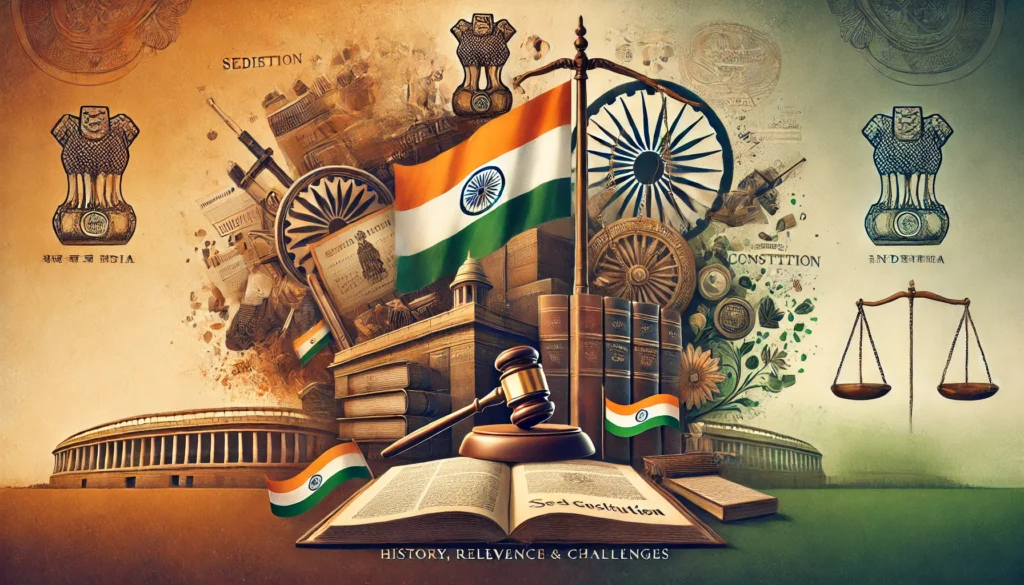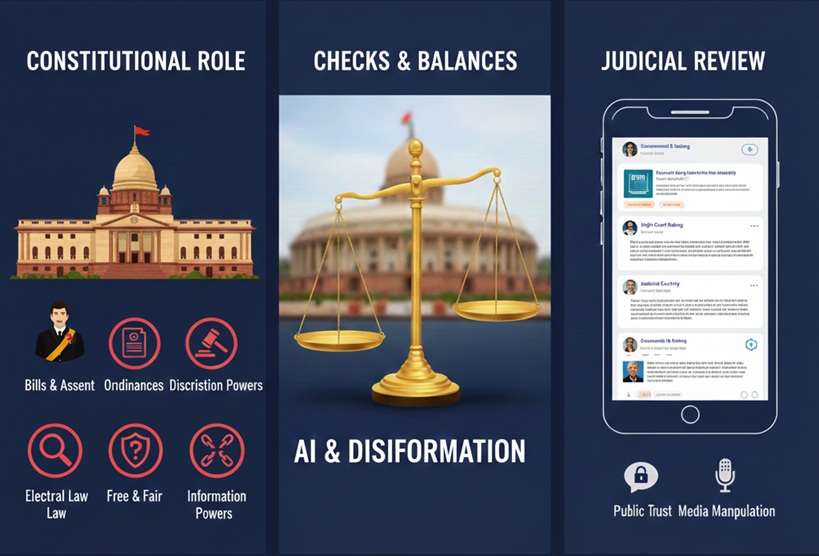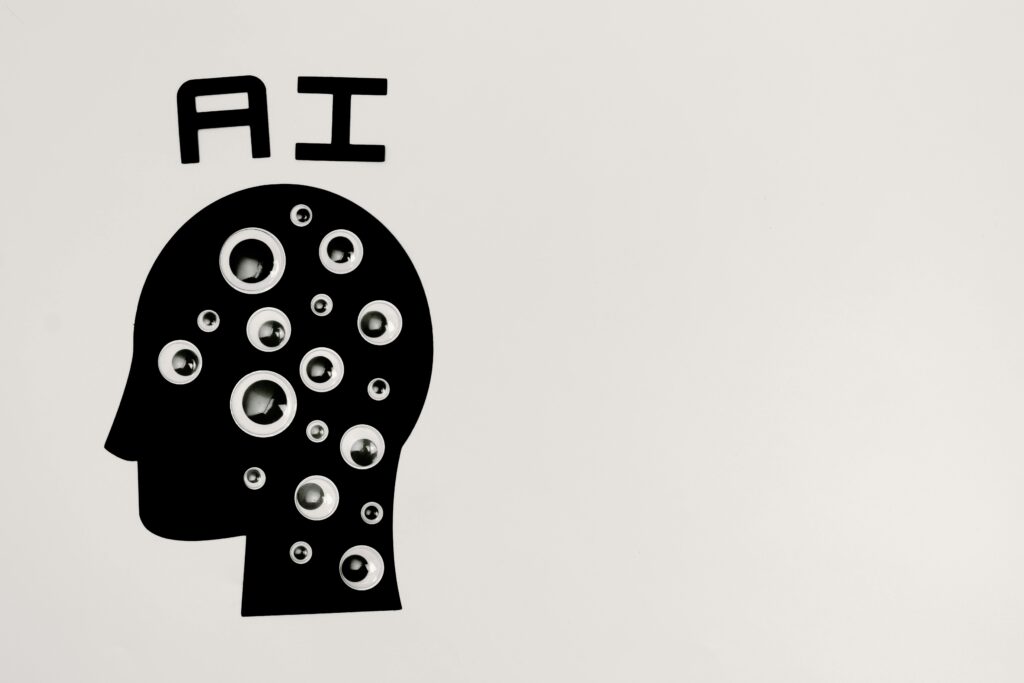Published On: 1st September, 2025
Authored By: Ruksar Bano Yasin Shaikh
Chembur Karnataka College Of Law
INTRODUCTION
The Uniform Civil Code (UCC) has been a subject of prolonged debate in India. It is enshrined in Article 44 of the Indian Constitution, which states: “The State shall endeavor to secure for the citizens a uniform civil code throughout the territory of India.”
The UCC proposes the establishment of a common set of personal laws, replacing those currently based on different religious scriptures and customs. This would mean that issues such as marriage, divorce, inheritance, and adoption would be governed by a uniform framework, rather than distinct rules for each religious community. The UCC is a multifaceted issue, generating strong arguments both in favor of and against its implementation.
Key Aspects of the UCC
-
Purpose
The UCC seeks to promote equality, secularism, and national integration by creating a unified legal framework for personal matters. -
Current Situation
Presently, India follows different sets of personal laws for various religious communities, such as Hindu Law, Muslim Law, and Christian Law. -
Constitutional Mandate
Article 44 of the Indian Constitution directs the State to endeavor to secure a UCC for all citizens. -
Controversy
The UCC is a contentious subject. Supporters highlight its potential to eliminate discrimination and strengthen gender equality, while critics raise concerns about its implications for religious freedom and cultural identity.
WHAT ARE THE CONSTITUTION MANDATE IN (UCC)
Article 44 of the Constitution of India lays down an important Directive Principle of State Policy, mandating that the State shall endeavor to secure for its citizens a Uniform Civil Code throughout India. However, Article 37 clarifies that Directive Principles are not enforceable by courts, though they remain fundamental in the governance of the country.
Currently, Indian citizens are governed by different personal laws based on their religion and community. A Uniform Civil Code would ensure that all individuals are subject to the same set of secular civil laws in matters such as marriage, divorce, maintenance, adoption, and inheritance.
EXPLANATION:-
-
Judicial Pronouncements
The Supreme Court has, on several occasions, emphasized the necessity of a UCC to ensure gender equality and resolve challenges created by diverse personal laws. -
Challenges and Considerations
Implementing a UCC is complex due to India’s wide range of religious and cultural practices. Any move toward implementation would require careful deliberation and inclusive consensus-building. -
Goa as an Example
Goa has already implemented a uniform civil code, which includes provisions for pre-nuptial agreements and equal property rights for sons and daughters in cases of divorce or death. This serves as a model of how a UCC can function while respecting cultural and religious diversity.
HOW IT IS USED AS A POLITICAL AGENDA?
The Uniform Civil Code has long been used as a political issue, often finding its way into election manifestos as a tool to mobilize voters. Political parties have frequently invoked it, similar to issues like the Ram Mandir case, during both Lok Sabha and State Assembly elections.
HERE IS SOME SPECIFIC WAYS IN WHICH THE UCC IS USED AS A POLITICAL AGENDA:-
-
Mobilizing Supporters
Political parties use the UCC to appeal to their voter base. For example, one party may invoke it to attract Hindu voters, while another may position itself to appeal to minority communities. In several elections, parties have promised to implement the UCC if elected to power, securing votes on this basis. However, despite decades of such promises, the issue remains largely undiscussed in legislative forums, even as the 2024 Lok Sabha elections approach. -
Scoring Political Points
Parties also use the UCC to gain an upper hand against their rivals, framing it as a litmus test of secularism and gender equality. -
Deflecting Attention
Governments sometimes raise the UCC debate to divert public attention from pressing issues like unemployment or economic challenges. For instance, during recent state elections, ruling parties shifted focus toward the UCC to downplay criticism of their unfulfilled promises.
DIFFICULTY IN IMPLEMENTATION:-
The implementation of the Uniform Civil Code faces several challenges:
-
Opposition from Minority Communities
Minority communities often fear that the UCC would infringe upon their religious freedom. For example, many Muslims opposed it on grounds that it would outlaw practices like triple talaq, which has been a part of their tradition. -
Lack of Consensus
There is no agreement either within the government or among the general public on the necessity of the UCC. While some view it as vital for gender equality and national unity, others consider the current personal laws sufficient. -
Complexity of the Task
Drafting and implementing a UCC is an arduous task due to India’s religious and cultural diversity. It would be extremely challenging to create a framework acceptable to all communities. -
Practical Difficulties
Practical barriers also exist. Judges and lawyers would require new training to apply UCC provisions, and specialized courts might need to be established. Additionally, large administrative resources, including trained civil servants, would be required for effective implementation.
Despite these challenges, many believe that the UCC is necessary for India’s evolving society. It is seen as a way to promote gender justice, strengthen national integration, and uphold secularism. It may also ease the judiciary’s burden by ensuring uniformity in civil matters. Still, the UCC remains one of the most controversial and unresolved issues in Indian politics, with no concrete implementation plan announced by the government.
LANDMARK CASES
-
Mohd. Ahmed Khan vs. Shah Bano Begum (AIR 1985 SC 945)
Mohd. Ahmed Khan, an advocate, married Shah Bano Begum in 1932, and the couple had five children. In 1975, he expelled her from their home. In 1978, she approached a court seeking maintenance of ₹500 per month, citing his substantial income. Later that year, he divorced her by pronouncing triple talaq. He argued that he owed her no further maintenance, having already provided support under Muslim personal law and paid her dower (mahr) of ₹3,000 during the iddat period.The Magistrate ordered him to pay a meager ₹25 per month, later increased by the High Court to ₹179.20. Khan appealed to the Supreme Court, which examined two issues:
-
Whether Section 125 of the Criminal Procedure Code (CrPC), providing maintenance for wives including divorced wives, applied to Muslims.
-
Whether mahr could be considered an amount payable “on divorce.”
The Court held that Section 125 CrPC applies to all, irrespective of religion, and that mahr is not an amount payable “on divorce,” but an obligation under Muslim law. The Court lamented that Article 44 of the Constitution remained a “dead letter.” Chief Justice Y.V. Chandrachud noted that a UCC would promote national integration by eliminating conflicting personal laws.
The verdict sparked widespread protests. To pacify opposition, the government under Prime Minister Rajiv Gandhi enacted the Muslim Women (Protection of Rights in Divorce) Act, 1986, effectively nullifying the judgment.
-
-
Sarla Mudgal vs. Union of India (AIR 1995 SC 1531)
This case involved four petitions under Article 32 of the Constitution. The Court considered whether a Hindu husband, married under Hindu law, could convert to Islam and remarry without dissolving his first marriage.The Court ruled that such a second marriage would be void and constitute bigamy under Section 494 of the Indian Penal Code (IPC), which prescribes up to seven years’ imprisonment and a fine. Conversion to Islam does not dissolve a Hindu marriage; remarriage without legal dissolution amounts to bigamy.
The Court emphasized that religion cannot be misused to escape legal obligations. It reiterated the need for a UCC and recalled Pandit Nehru’s 1954 statement in Parliament that the time was not ripe for its implementation. Decades later, the Court observed, Article 44 still remained in “cold storage.”
References
-
The Constitution of India, 1950, Article 44
-
Mohd. Ahmed Khan vs. Shah Bano Begum (AIR 1985 SC 945)
-
The Code of Criminal Procedure, 1973, Section 125
-
Sarla Mudgal vs. Union of India (AIR 1995 SC 1531)
-
The Indian Penal Code, 1860, Section 494
-
The Constitution of India, 1950, Article 32
-
The Hindu Marriage Act, 1955
Books
-
Legal Writing and Legal Language by Prof. H.D. Pithawalla (2023)



